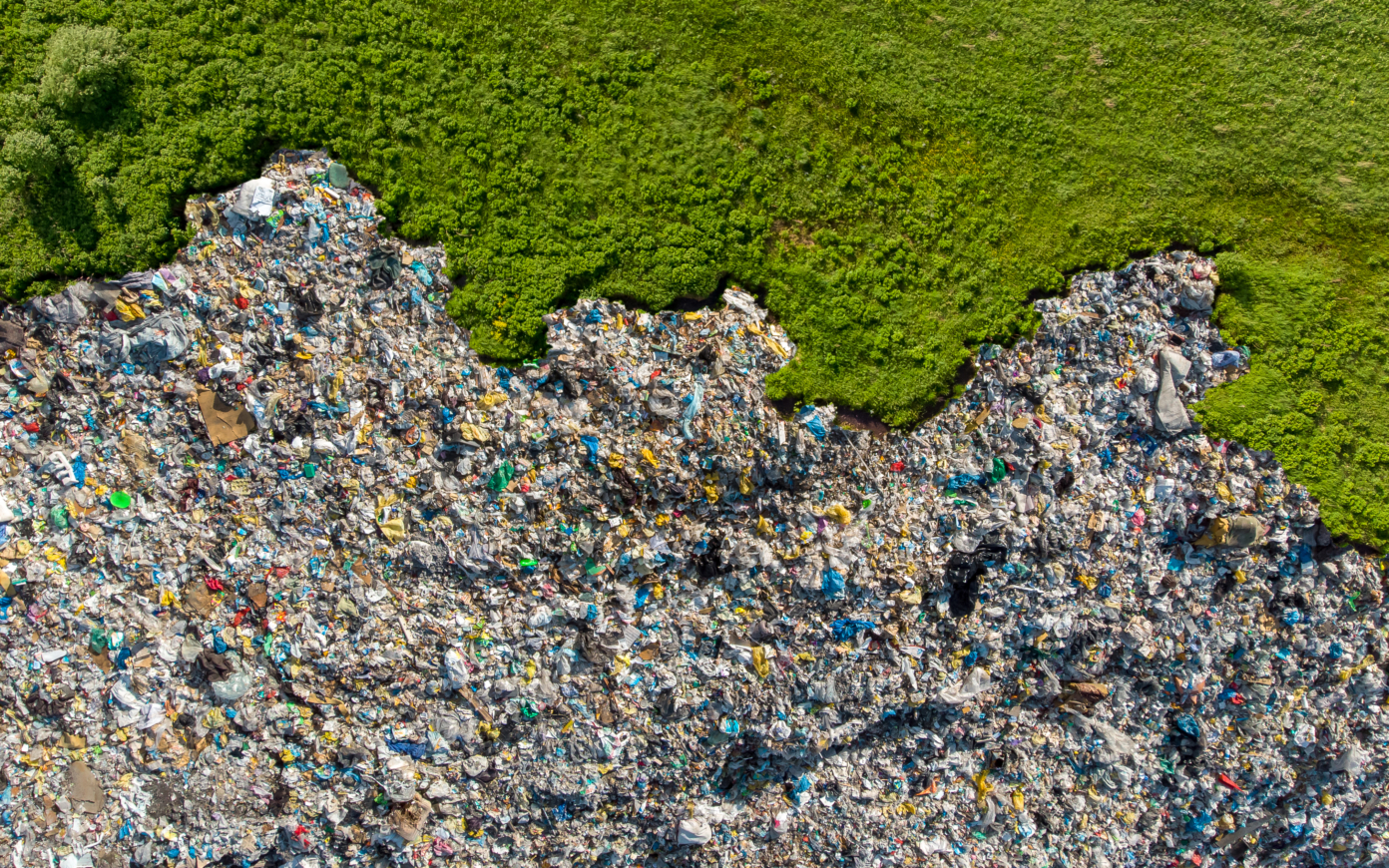Pierre Desvaux
Pierre Desvaux holds a doctorate in geography from Grenoble-Alpes University. He is currently a post-doctoral fellow at the CNRS ESO laboratory (UMR 6590), working on the PEPR project “Recycling, recyclability, reuse of materials”. His work focuses on the socio-political regulation of metabolism through the study of waste management policies in a North-South comparative approach. He is particularly interested in the circulation of waste on different scales, and in the social and technical infrastructures designed to handle these particular materials. He helped set up Studio Métabolisme in 2019 during a post-doctorate at the Lyon Urban School.
 Explore More
Explore More
Eager to share more generously the results of its collaborations and research, PCA-STREAM publishes STREAM VOICES, its online magazine!
